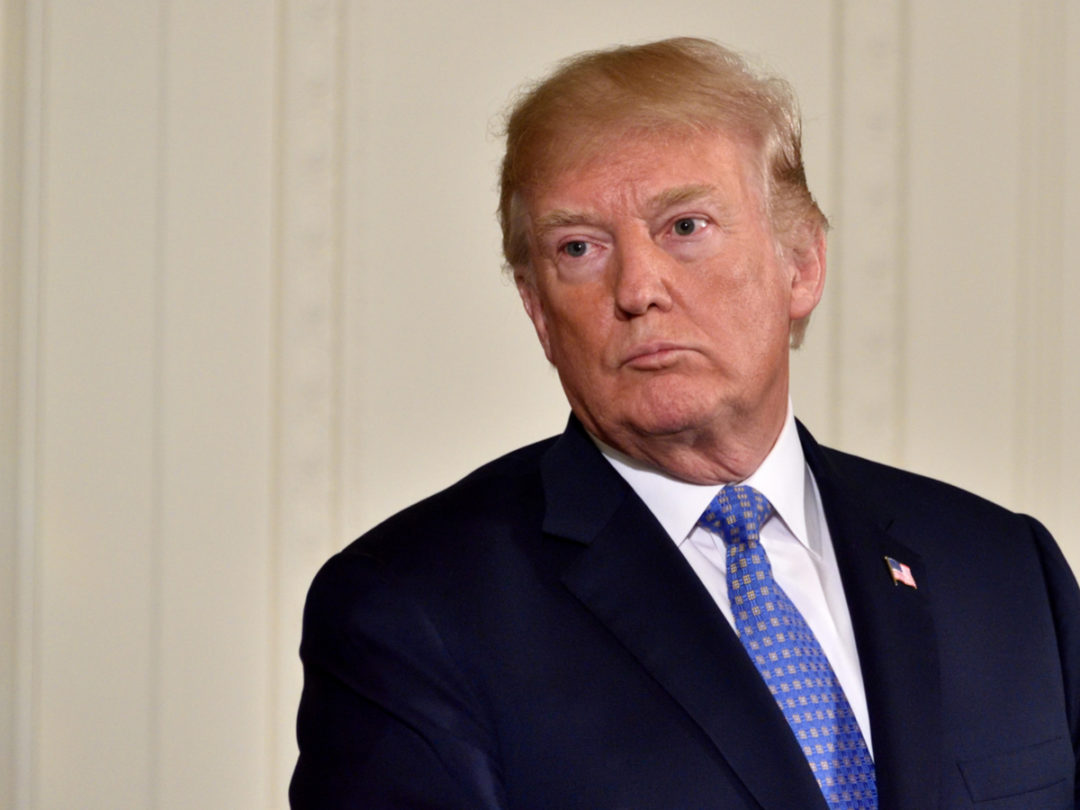
The ongoing U.S.-China trade war is miring global supply chains in increasing uncertainty, with over half of U.S. companies with global supply chains reporting adverse impact on business operations. The trade war backlash, impacting more than just soy farmers and auto manufacturers, is prompting organizations to adapt in ways that will disrupt global supply chains.
In the best-case scenario, factories will seek productivity gains in ways that maintain supply-chain integrity. In the worst-case scenario, brands will look for new sourcing regions and patterns, and subsequently take ethical risks to lower costs.
In any event, we are already seeing preliminary indications toward new sourcing geographies, with markets in South Asia experiencing an uptick in production capacity.
Despite signs of sourcing shifts, a recent survey of more than 100 businesses affirms China’s exceptional importance. It also suggests that the pivot from the globe’s overwhelmingly most popular sourcing market will be done conservatively, and is likely to be a slow and painful process for U.S. consumer goods producers.
Among survey participants, a staggering 95 percent of U.S.-based businesses name China among their top three sourcing geographies, and two-thirds say they rely on China for over 75 percent of their sourcing volumes. This dependence is particularly strong for businesses in the electronics industry, as well as textile and apparel brands.
Given these extensive links to China, it comes as no surprise that over half of U.S. respondents report that their business already feels the impact of the tariffs introduced this year. The greatest challenge resulting from the tariffs is increasing sourcing costs: 44 percent of U.S. respondents assess the impact on their business as “serious” or “very serious.”
Some consumer goods industries appear to struggle more than others, both inside and outside the U.S. Globally, an average of 38 percent of companies say they are suffering supply-chain disruptions because of the U.S.-China tariffs. This figure is almost double for the homeware and gardenware industry (including furniture).
Meanwhile, in the U.S., only 11 percent of homeware businesses say their sourcing is still on track. The textile, garment and apparel industry will also see disruptions at higher rates.
Company size is definitely a factor when assessing the disruptive effect of the U.S.-China tariffs on a business’s operations. Large companies are more likely than small or medium-sized enterprises (SMEs) to have a diversified supply chain, which means they are less affected by the China-U.S. dispute — and therefore less likely to need to search for other suppliers. However, almost two-thirds of U.S.-based SMEs say they already feel the negative impact of the 2018 tariffs (for larger companies, the figure hovered around 50 percent). However, as smaller size offers greater flexibility, SMEs are also quicker than most to reshape their supply chains: almost 80 percent have either already started looking for new suppliers, or have plans to do so in the near future.
Regardless of business size, the search for new suppliers is becoming a reality for most U.S. businesses. In this context, “new suppliers” often means “suppliers outside of China.” For some, like the textile and apparel companies, this means shifting more production to South Asian destinations with less expensive costs, such as Bangladesh, Pakistan, Vietnam, Cambodia and, to a lesser extent, Indonesia. Others, such as companies in the toys and electronics sectors and especially SMEs, are putting more focus on near-shoring, with plans to source more from North and Latin America.
There is concern that the pressure to contain costs and maintain productivity levels in an era of rising tariffs will prompt factories to outsource more pieces of their manufacturing. That trend is likely to put businesses at risk for compliance vulnerabilities related to ethics, sustainability and quality control.
In this period of uncertainty and increased risk, it becomes even more critical for businesses to protect their supply chains with thorough compliance audits and inspections. They will enjoy a long-term advantage over those that choose uncontrolled sourcing shifts as a short-term solution for reducing costs.
Sebastien Breteau is founder and CEO of AsiaInspection, a quality-control and compliance service provider to brands, retailers and importers.







